He is a multi-instrumentalist and renowned producer and has been the main engine behind the stunning The Pineapple Thief for close to a quarter of a century. A legend in the world of progressive rock, Bruce Soord, is about to release his third solo album, Luminescence. He is a delight to chat with, relaxed, articulate, and easy company.
Bruce Soord – Luminescence
Release Date: 22 September 2023
Interview: Paul Hutchings
I find Bruce via Zoom at his home studio in the West Country, where he reveals to me that he’s just finishing the new recordings by The Pineapple Thief. For a fan of the band, this is exciting news, and I probe Bruce for more information. You’ll have to wait for the official announcement, but let’s just say that the early part of 2024 should be exciting.
Whilst he might not appear quite as busy as a certain Steven Wilson, a quick look at the resume will tell you that Bruce doesn’t seem to have much downtime. “It’s been pretty hectic,” he laughs. “Yes, in a good way, but really hectic. I think after I finish my tour, I think it’ll be a bit calmer. Then it’ll just be things like music videos and photo shoots and stuff like that, which is a lot less stressful.”

We talk about what people find stressful, as I suggest that some might find what Bruce has just listed as more stressful. “I think the thing about doing the business side of things like all the press, it’s time-consuming, but it’s quite easy, like this kind of thing. Having this kind of chat is quite relaxing.”
When Bruce started The Pineapple Thief in 1999, the industry was a different beast. The internet was in its infancy, and we didn’t have the capability to do the Zoom call we had to facilitate this interview.
Bruce recalls how it all worked back then. “I think emails,” He says. “There’s always e-mail interviews, and I think, having been in the business for so long, there’s been this sort of long upward curve that I’ve gone through. You get used to it as well. The first time we did a proper official photo shoot, it was really stressful. We had no idea what to do, how to act, what to wear, even the application of a bit of makeup just to make you look a little bit less tired. It was all so alien. The label would send you off on PR days where you would sit in a room and people just come in half-hour slots. The first time you do that, it’s like, oh my goodness, but now it just feels a lot more normal.”
Bruce is of course, back in the cycle again with the new album and tour, and I point out that it’s all on him now, as he’s the solo artist. He smiles ruefully. “It’s not too bad. I’ve done quite a few e-mail interviews and a couple of Zoom ones. But, like this one, it’s just a case of oh, it’s 11:00 am. I’ve just got to switch the Zoom on and then when we’re finished, I just carry on. So, it’s quite easy.”
As a multi-instrumentalist, a producer, and a musician, I wonder if Bruce embraces new technology as it evolves. Is he a technology junkie? “A bit of both,” he says with a smile. “I remember when I started in 1999, you had to be a bit of a technology nerd to make a studio work. This was in the days when you could have a computer, but it was all linked up to samplers. And to build a computer and make it work, you had to understand your way around tweaking the operating system.
“Luckily, I was a bit of a nerd because I worked in IT, so that’s how I was able to set my studio up. But like you said, now, you don’t need technical know-how to put a studio together apart from obviously you need to understand the basics, the concepts of sound and design and how to make it sound good. I think it’s a bit of a rabbit hole, you know because what I tend to do is at the beginning of a big project, like if I’m sitting down to write to start a new Pineapple Thief record, I’ll spend a week having a look at the landscape. Looking at what’s new, but otherwise, you can spend all your time looking at the tech and what’s happening in the world and not actually create.”

Bruce considers this for a minute before continuing. “I guess the big thing was keeping on top of the spatial side of mixing when Dolby Atmos mixes became a big thing. That was when I had to go, oh, wait a minute, I can’t miss the boat on this, and so I upgraded aspects of the studio so that I’ve got speakers in the roof and things like that. So, things have changed.”
I was flattered to discover that Bruce had read my review of the new album Luminescence and after my blushes had receded, we moved on to talk about it.
Whilst the new release is definitively Bruce Soord, it’s a distinct and individual album, which is the way that he writes them. No two albums are alike.
I suggest to Bruce that this is more down to his writing style rather than an intentional approach. “Yeah, I think so,” he says. “I mean, with The Pineapple Thief, it’s very much a collaboration anyway. So, quite a lot of it is out of my hands, and I like that. I like the fact that everybody does what they want, and we all bring something.
“I mean there is a little bit of pushing and pulling, between where it goes, but it’s that which dictates where the song ends up or where the sound ends. But like you say with the solo album, it’s all me. I did sort of think, right, this needs to be separate. I’m allowed to make it all about me, to be honest.
“And so, that was quite deliberate. I would come up with the songs with an acoustic guitar, and I decided earlier to keep it quite stripped back, even though underneath, there are still quite a lot of layers. I wanted to keep it quite delicate. And then I knew that if I was going to tour it, it wasn’t gonna be like a Pineapple Thief show, where everyone’s standing up. It’s going to be a much more mellow experience.”
According to my knowledge, Bruce has hardly toured as a solo artist. He confirms that this is very much the case. “Not at all. I mean, we did one show in the Netherlands. I’ve got a trio, so it’s John [Sykes] on bass [Also a member of The Pineapple Thief] and a drummer called Tash Buxton. It’s nice to have to go out and think, right, we’re going to be super exposed. You know, we’re going to start off and it’s just going to be me on my own.
“I have no idea why I’ve set myself up to do that, ’cause it’s like terrifying,” he laughs. “It’s terrifying when you’ve got the band, but it’s brilliant because you’re all there. It’s a comfort blanket. But when you’re on your own that’s not the case. But I’m kind of up to the challenge.
“When the pandemic hit, I did some solo sort of streams because I thought, well, I may as well, and that kind of brought it home. Sitting down on my own with a loop pedal and acoustic guitar on my voice it was really quite satisfying. I quite really enjoyed it. So, it’s that kind of mentality.”
I discovered that a festival featuring Jethro Tull that Bruce was meant to be playing the weekend after our conversation but been cancelled. “It was a shame,” Bruce says, “because that was with Jethro Tull, and I’ve got to know Ian Anderson quite well since I did this album. We were both looking forward to catching up and meeting up. But yeah, that was cancelled.”
Bruce begins his tour a few days after his birthday, and I ask him how much easier it is to tour Europe as a single artist in comparison to taking The Pineapple Thief. He’s reflective about the whole UK position post Brexit. “It’s created so many barriers,” he says. “Financial bureaucracy and no benefits at all. On this tour, we’re lucky that we have got an agent that can do the paperwork for us, but it’s money that’s costing us. We know we’re now having to look at crossing the border and factor in will have to go the night before the first show. We can’t just risk going on the day because you hear so many stories of bands just being held up by customs.”
Bruce continues. “We’ve got a support guy, and if he wants to come in and do one show with us, the one London show, he’s got to get a visa and a carnet, which is £250. It’s just it’s very depressing, very depressing. So yeah, as a musician, it’s just disastrous.”
Bruce explains that even for a stripped-back show, which is easier than taking The Pineapple Thief abroad, there are still lots of logistics to consider. “It’s a much lower budget,” he says. “It’s like old school touring. John and I are driving in a big splitter van.”
You can sense that the thrill is still there. “We’re quite looking forward to it. So, a lot of miles, about 5000 miles in total. We’re going all the way around to Spain and then across to Italy and back up again. But at this level of touring, you are much more reliant on in-house crew. We can’t afford to be taking all our crew. I mean, we’re spoilt with The Pineapple Thief. We have lots of crew and it’s great but this one is going to be much more tiring and challenging, but I think it’s going to be good fun to be back doing that.”
I suggest to Bruce that whilst he uses the word spoilt when referring to The Pineapple Thief, the fact is that he and they have been doing it for a quarter of a century. It’s not that long ago that the band were playing smaller venues like The Fleece in Bristol and have only recently upgraded to larger venues such as SWX in Bristol with triple the capacity.
One could state that they have worked bloody hard to get to the point where they do have a crew. Bruce acknowledges this point. “Yeah, I know that’s true,” he says. “I mean, in Bristol, I remember playing the Louisiana, which was like a capacity of 110. So yeah, we earned it. You’re right.
“I remember the first time we had someone to take down our gear at the end of the set. You know, when you go off stage and then, in the days before you have any crew, you sheepishly come back on stage and unplug the guitars. The first time I didn’t have to do that, you know, John, our bass player, said this is just awful. Your ego is gonna just go up.”
Bruce laughs! “I said, Yeah. Well, it’s all part of the show. They [the audience] don’t want to see the frontman coming back on and unplugging everything and all that kind of stuff. He quickly got in it!”
We return to Luminescence, and if you listen to the album, you’ll find it littered with field recordings that Bruce took whilst on tour with The Pineapple Thief. The latest single, Nestle In, includes what I assumed were American emergency service sirens.
Bruce elaborates. “I was walking around Chicago on The Pineapple Thief tour, and the thing about the States is that there are so many sirens, and they are all different. They all sound really American. Some make these amazing noises, so, I was desperate to try and find one. Then suddenly, this fire truck came along. I recorded those sirens.
“I did see a couple of comments online that said, it’s a really mellow song, and then all these sirens come along, but actually, that was the whole point. It was supposed to give you that old sense of emergency and then it drops back to the melancholy.”
So is this what Bruce does on tour I wonder. As an artist and lyricist, he’s naturally absorbing his environment to feed into your music and draw on it for inspiration. Does he deliberately do field recordings just for the album or is this more of a routine that he does on tour?
“It was definitely for my solo record,” Bruce says. “The original idea was each song would have the recording of the ambience of where I was when I came up with the initial idea. But it just sort of evolved to a point where, especially when you’re on tour, you have a lot of downtime. So, while you’re waiting for the crew to build the stage and all that kind of stuff, we just go for a walk, wherever we are and just start taking in the local environment.
“I remember Find Peace, the last track on the album. It starts when I was sat on the Hudson River in New York, and I was sat with all these old people, some of them on their own, just looking out over the Hudson River. You can hear this plane flying over, and I just remember recording it and coming up with those words and all that just based on where I was. So, it’s quite nice to have that reference, you know? Personally, when I listen to it, I go, oh yeah, it takes me right back to when I was.”
That obviously makes the album incredibly personal to Bruce, being able to place himself in different places when he hears each song. And that must be quite special because I’m sure, I ask Bruce, there will be many times when writing isn’t attached to such special memories.
“Yeah,” he agrees, “and it’s weird because when you’re a full-time musician, and I’m very lucky to be a full-time musician, but sometimes it turns into a job. You wake up and think, oh, I’ve got to write a song today. And sometimes, I mean, sometimes you do come in and write a nice song, but sometimes it feels too much like a job. And that’s when it probably doesn’t work so well.”
I asked Bruce about those early days, with those early ambitions, learning his craft, what his goals were. “I think my ambition was just to keep making the best possible music I could do and not lose that passion,” he says.
“I mean, it was always frustrating that you had to have a day job because it just ate into the time that you really wanted to be doing music. But my feeling was you had to be really lucky to be able to have a day job that is being a songwriter or a musician. And even the people that have been in the business as a musician, you know, like people like Gavin [Harrison – drummer for The Pineapple Thief, Porcupine Tree], was just a gigging drummer in his early years, you know, playing at Butlins and things like that and Steven Wilson doing library music, you know.
“That was basically the same as me getting on my bike and going to my IT job and the good thing about that was it meant that financially, you were able to carry on making music. People to say to me. Bruce, you need to jump in. You need to quit your job, jump in the back of the van, go on tour, and blah blah, blah.
“I said, yeah, that’s great. But then we would be finished in six months! This way, we were able to release an album every sort of 18 months – two years since 1999. And then, luckily, for all of us, there was a tipping point where we were able to make it as a career.”
I suggest that this must have been a nerve-wracking moment when Bruce decided to stop the day job. There are always variables and pressures that are going to impact how things turn out. Bruce agrees. “The whole thing is so variable,” he says. “And there’s always this anxiety.
“There’s latent anxiety when you are waking up, you know and the feeling of, am I going to be able to carry on writing the songs that I feel are good? When I first went full-time, it was really tight but that was juxtaposed with this amazing feeling of not being tied down to working a nine-to-five, which was just worth it. And over the years it’s got steadily easier.
“But I mean you say about the uncertainties, even touring. On our last U.S. tour, we did the costs of touring after the pandemic, and they had more than doubled, so we were looking at our income from touring as half of what it should have been. So again, you know that was like a bit of a hit. There’s lots of anxieties being your own boss in the music business.”
We move on to discuss Bruce’s production work. He mentioned Jethro Tull, and amongst the list of bands that Bruce has worked with over the years was Anathema, who sadly split up during the pandemic. I ask Bruce if he was surprised about a band who were one of the bigger bands around and what he felt the outlook was for many other outfits.
“I hope it’s not going to be the norm,” Bruce says. “I mean obviously they had the brothers, so that was always quite an interesting relationship. But they carried on like you said. They were a very successful band, you know, and I know the pandemic hit them hard because they were on tour. And then suddenly, I can understand why because they made their living through Anathema, that was it.
“I have my work spread out over lots of things. I think if my living was just The Pineapple Thief, I don’t think I’d be here either. But it was sad and I’m surprised that they went. I kept thinking, well, they might make an announcement when everything settled down, get back to make another record. But you know, the other thing is that there’s always going to be other bands that will come up and fill their spot. But you realise that to get to that level of quality, there’s not that many that that can do that.”
As we continue our discussion, we note that even the bands we think of as new have been around for some time. Bruce explains that he’s doing work with Big Big Train, and it was only when he started working with them that he discovered how long they have been around. “They’ve been around longer than I have, you know, it’s incredible, really.”
What about new music I ask. Does Bruce still look out for new stuff? “It was a bit of a busman’s holiday at the end of the tour,” he explains. “If I’m working like I am now, at the end of it, I probably just want some silence. But we do listen to new stuff, and my wife is always looking for new music. So, we’re in the kitchen and I’ve got quite a good setup because the kitchen is where we listen to most of our music. I’ve made some sort of wide and decent system in there, so that’s where we kind of just scroll through the playlist and see what people are doing.”
It seems apt to return to the album before we finish, and we touch on the first single from the album, Dear Life, which had an impactful, emotional video. The whole concept of the album is around that kind of emotional approach, and you’ve talked about coping with modern life, a theme that seems to be one used by a lot of bands these days. How much personal reflection is there in the album?
“I think that it’s sort of that,” he says. “Like you said, everyone is singing about it. I’m writing about it. We are all struggling with that kind of existential sort of how to find meaning and peace. I think just generally being a family guy, watching my kids grow up. I’ve now got a 4-year-old daughter who I’ve watched grow from a baby, so all of that gets inside you. You look at the world and you’ll think about what they’re going to inherit, all that kind of thing.
“It’s all great stuff, songwriting. But it doesn’t reflect the person who I am in real life. I’m a positive person, you know. I love life. But when it comes to writing songs that’s the thing that really gets me gets me inspired.”
As we finish, I ask Bruce about how much attention he pays to reviews. “Not as much as I used to,” he says. “I mean, in the old days, maybe 2010, I remember busting myself about reading comments, and as soon as you read some bad ones, you’re like, oh no! I do try to check, even if it is just on my social media because it’s just nice.
“These people are making comments and I think that it would be nice for them to know that I was reading them. You get the odd one that is just some guy being clever. But I guess that because I’m old, I’ve learned not to let it get to me anymore. I wouldn’t say it’s impossible, but it can still annoy me a bit if you see a horrible comment, but nowhere near as bad.
“But I’d say it’s just the world we live in now, where people can give their instant reactions, and it gets right to the artist.”
Luminescence is out on 22nd September 2023 and can be pre-ordered from here.
As I wish Bruce good luck with it, I ask whether he still gets nervous when his music is released. “Yeah, you always just hope that people like it as much as you do, that’s the thing.
“It’s weird because I’ve been so busy, I’ve almost forgotten that it’s coming out. But yeah, I’m looking forward to it, and I’m doing a little acoustic promotion in my local HMV. I’m doing a little acoustic set, which I’ve never ever done before, so that will be quite a nice day.”

Luminescence Tour Dates:
29.9 Helmond NL – De Cacao Fabriek
30.9 Paris FR – Cafe de la Danse
2.10 Madrid ES – Moby Dick
3.10 Barcelona ES – Wolf
5.10 Bologna IT – Locomotiv Club
6.10 Milan IT – Arci Bellezza
8.10 Rome IT – Auditorium Parco della Musica
11.10 Aschaffenburg DE – Colos Saal
12:10 Cologne DE – Club Volta
14.10 London GB – Nell’s


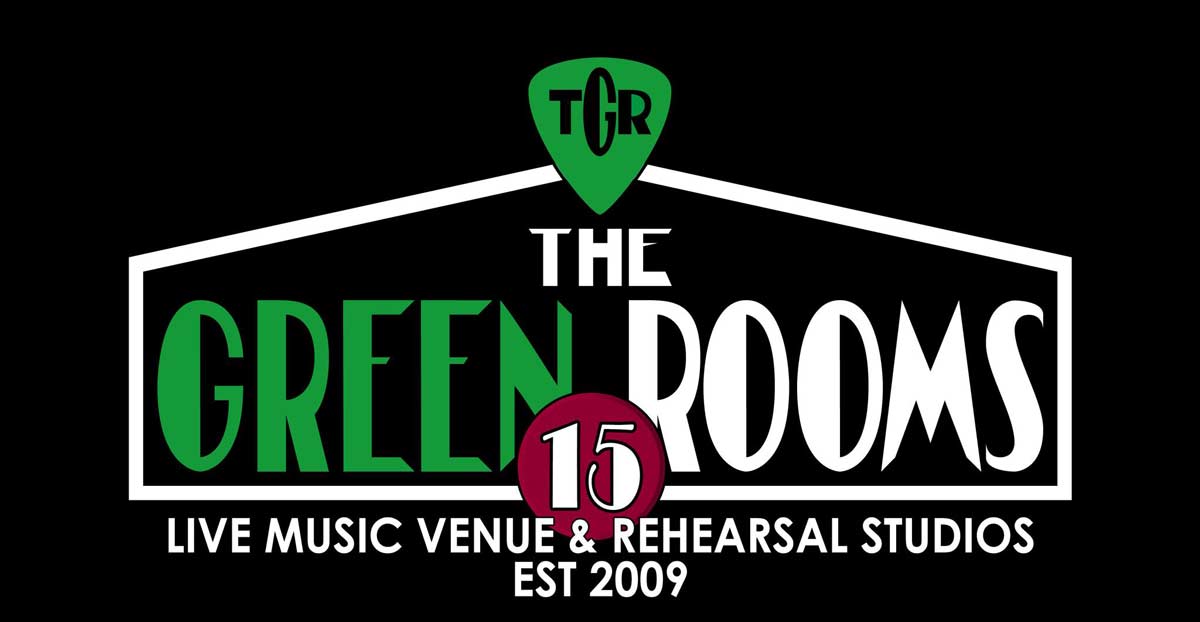
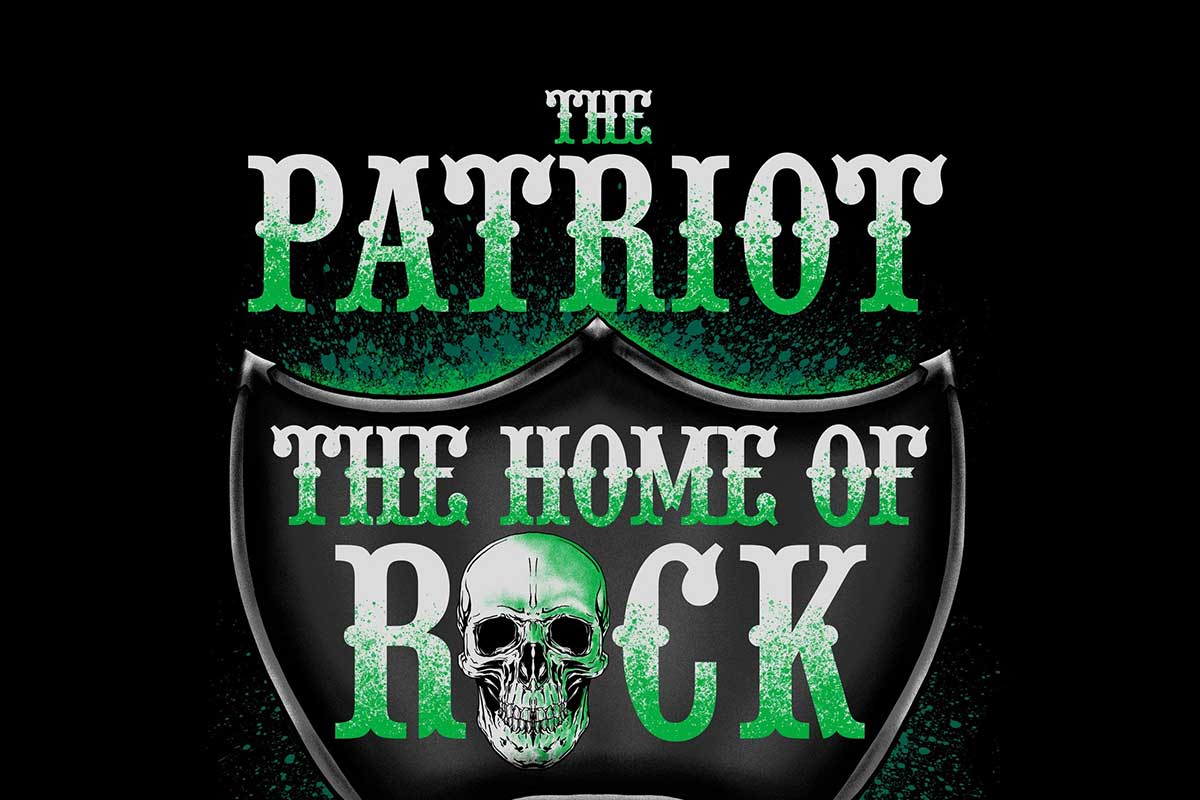
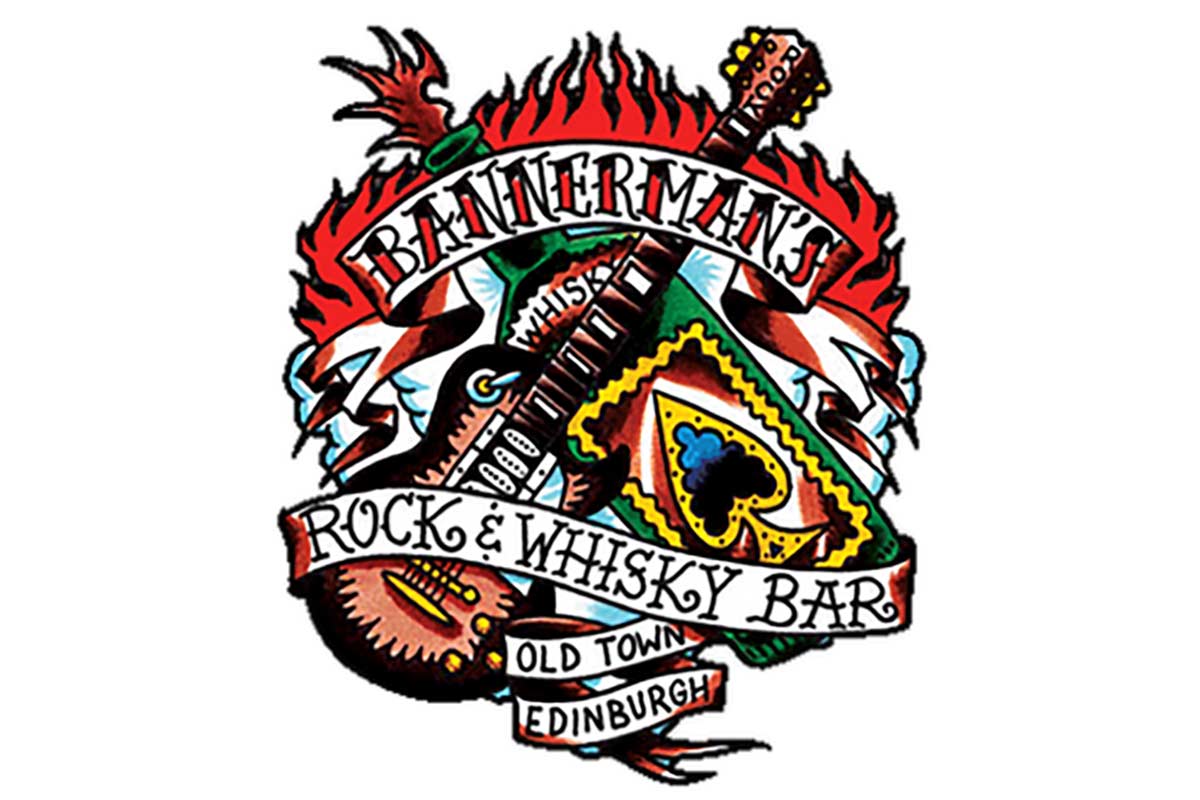
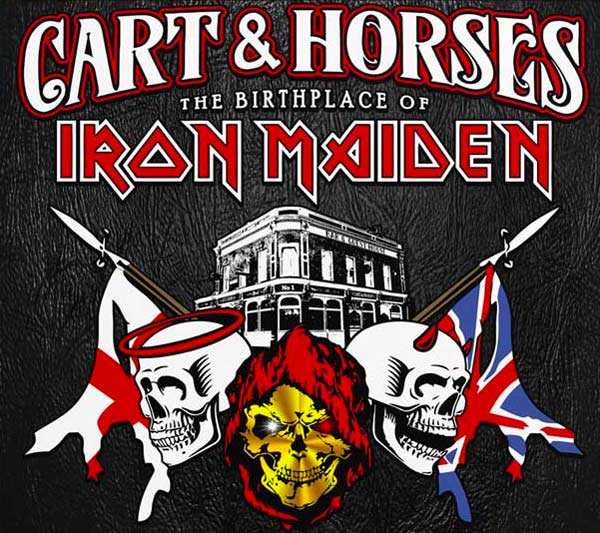
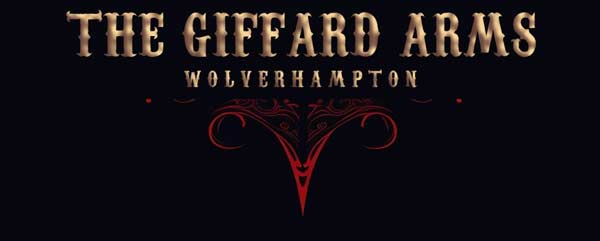
Excellent work on RokFlote, perhaps among my top 5 favorite Tull projects. The sound is remarkably distinct and instantly captivating. Congratulations on the overwhelmingly positive reception! Any plans (that you can mention) for future collaborations with Ian?